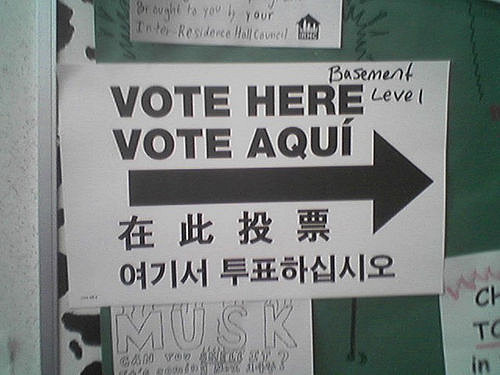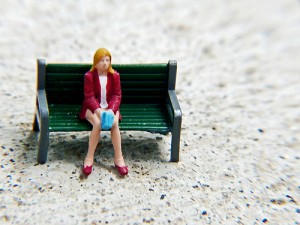
As the election edges ever closer, the phenomenon of Donald Trump continues to grow. Trump has a realistic opportunity to become the next president of the United States, but a recent jump in immigrants applying for citizenship this year might change the outcome once November comes.
Manuel Pastor, professor of sociology and director of the Center for the Study of Immigrant Integration at USC, recently wrote an article in the LA Times about the increasing number of applications for U.S. citizenship. From March to June of 2016, the number of immigrants who applied to become naturalized citizens is up 32% over the previous year, and many of these naturalized citizens might be eligible to vote this coming November. A new report from the Center for the Study of Immigration Integration examined how significant an impact this increase in naturalized citizens might have if they are eligible to vote in the 2016 presidential election. Pastor explains,
“[T]he newly naturalized voters we counted could make a difference. In Florida, they constitute more than 6% of the voting age population. In Nevada, that share is more than 5%; in Virginia, 4%; and in Arizona, 3%. The results in recent general elections in these states have been so close that these new citizens — if they are registered and turn out — could tip the tallies.”

